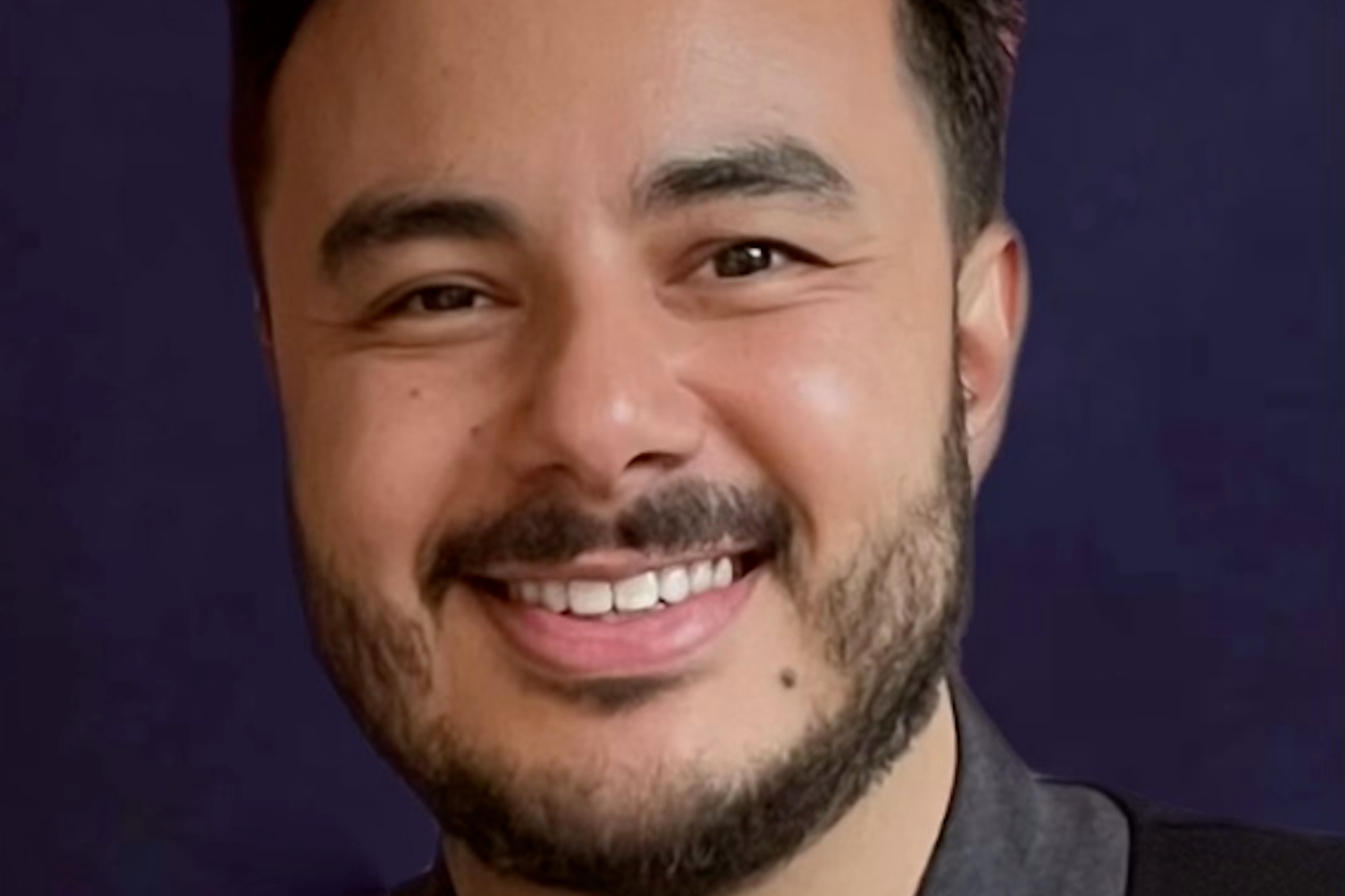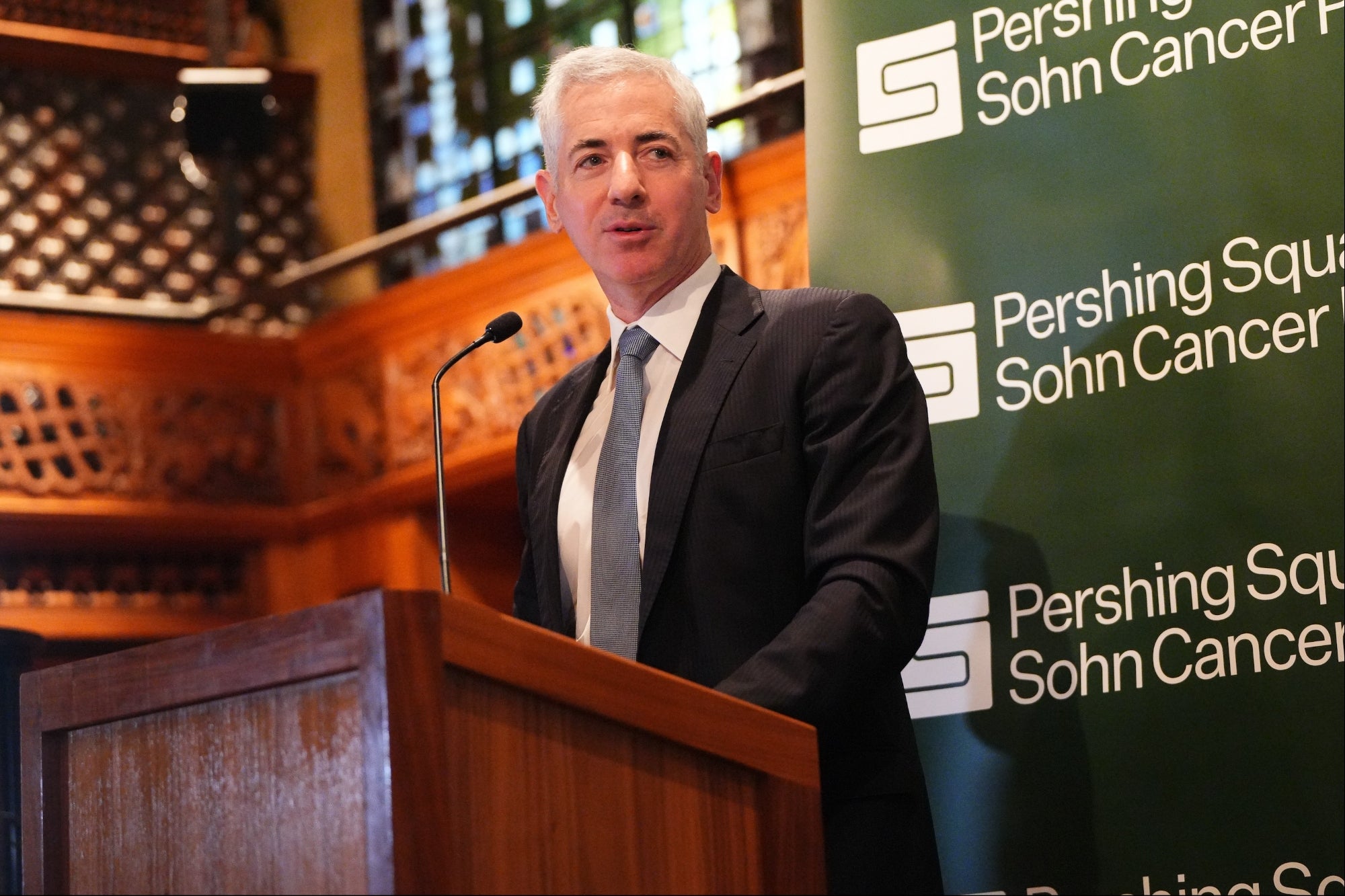Companies Often Choose Profits Over Consumer Safety — Here's What It Takes to Hold Them Accountable Here's why the courtroom remains America's last line of defense for consumer safety.
By Donald Fountain Edited by Chelsea Brown
Key Takeaways
- Many lawyers miss product defect cases not out of neglect, but because the warning signs are easy to overlook.
- Learn how attorneys can spot these cases, take action and ultimately make everyday products safer for everyone.
Opinions expressed by Entrepreneur contributors are their own.
Lawyers miss high-value defect cases every year. Not because they aren't trying, but because they don't know what to look for. That's what I set out to change.
That was the motivation behind writing Defect Safety: A Primer for Lawyers to Identify Defective Products and Promote Consumer Safety Through Litigation. The book draws on lessons from nearly four decades in the courtroom, where I have seen how the justice system protects consumers when regulatory systems fall short.
The Florida Bar recently approved the book for continuing legal education credit, making it eligible for 14.0 hours of CLE under the self-study category. This matters not only because it fulfills a requirement, but because it signals a shift in what legal education can look like. Rather than abstract theory or checklist compliance, the approval affirms the value of practical insight drawn from real-world litigation.
When continuing education reflects the actual challenges attorneys face in court, it becomes a more powerful tool for protecting clients and holding corporations accountable, the kind of experience that helps them recognize danger, challenge negligence and protect the people they serve.
We assume that the products we use every day are safe because government agencies are watching. But in case after case, I have learned that real safety improvements often do not happen until a jury steps in. Companies weigh the cost of fixing a defect against the potential cost of lawsuits. And too often, the calculation ends with someone getting hurt.
This is where litigation becomes more than a legal process. It becomes a catalyst for change. Many of the safety features we now take for granted, such as stronger seat belts, tire recalls and better labeling, only happened because a jury demanded accountability.
Related: What Crashing Autonomous Cars Tell Us About the Future of Product Liability
The role of the lawyer in a flawed system
Legal education teaches theory, but trial lawyers working in product defect litigation know that what truly matters is how those theories hold up when lives are on the line. You cannot spot a hidden defect from a casebook. You need to know how to identify the weak point in a design, how to preserve critical evidence and how to explain risk to a jury in a way that makes it real.
Over the years, I have handled cases involving tire failures, defective seatbacks, hazardous fuel systems and unsafe boat designs. These cases have revealed not only design flaws but also internal corporate decisions to ignore or delay safety improvements.
In one case, a boat manufacturer ignored a known hazard for decades. A child died as a result. That case ended in a two hundred million dollar verdict and, more importantly, a global safety alert that reached boat owners around the world. That outcome was not driven by a fine or a government agency. It was driven by a jury.
A responsibility to share what we know
Trial lawyers work in a space where the stakes are often life and death. Over time, patterns emerge. Some cases echo others. Some mistakes repeat. The details change, but the underlying failures in design, oversight and corporate responsibility are familiar.
Sharing what we learn from these cases is not about credit. It is about passing on the knowledge that might help prevent the next tragedy. Attorneys entering this field should not have to learn every lesson the hard way. If they are better prepared, the entire system becomes stronger.
Related: T.J. Maxx, Marshall's Slammed With $13M Fine for Reselling Recalled Items
A final thought
Our legal system is not perfect. But in a world where profits often come before safety, the courtroom remains one of the only places where individuals can hold corporations accountable. It is one of the last systems where truth still matters, evidence is tested and everyday citizens have the power to demand better.
That power begins with preparation. And that preparation must come from lawyers who understand what is at stake and who are willing to share what they know. If this book helps even one lawyer take on a case they might have otherwise missed, then it is doing what I hoped it would — helping make products safer for all of us.










